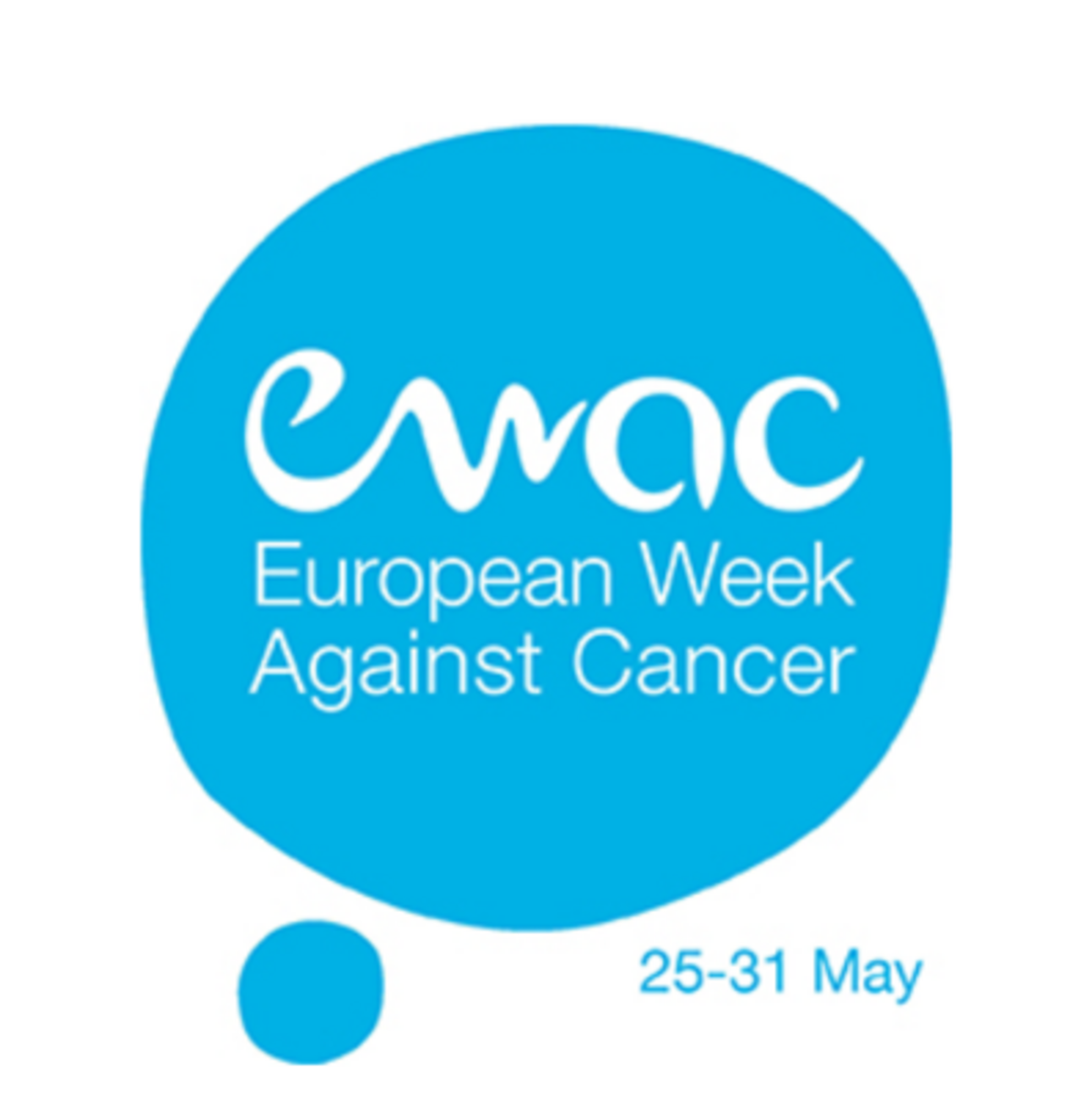COCIR - Proud supporters of the European Week Against Cancer

COCIR - Proud supporters of the European Week Against Cancer
European Week Against Cancer (EWAC) is an annual event, held on 25-31 May every year, which is designed to raise awareness among European policy makers and the wider public on the challenges of prevention, access to treatment and support for patients and cancer survivors. EWAC provides a unique focus on cancer, and allows stakeholders to draw attention to gaps in care provision and opportunities to make a difference.
COCIR has been a long-term supporter of EWAC. This year, we joined the organisers, the European Cancer Leagues (ECL) and many other associations and charities in the field of cancer, in a range of activities. I wanted to share with you some of the highlights of the Week and the contributions made by COCIR.
Day 1:
Day 1 of EWAC was dedicated to primary prevention. Each year, some 3.5 million people in the EU are diagnosed with cancer – much of which is avoidable. As the European Code Against Cancer explains, improved diet and nutrition, less alcohol, improved protection against UV light and reduced exposure to environmental pollutants can all help reduce the incidence.
On COCIR’s part, we reiterated our support for the Commission’s ‘Beating Cancer’ plan.
Day 2:
Day 2 focused on the importance of early detection. The most common method of early detection is via screening programmes. Fortunately, COCIR members’ technologies, such as non-invasive medical imaging technologies, are making screening increasingly effective. This early detection in turn allows for early intervention, improving outcomes and survival rates.
COCIR used this to highlight that there were already some 250,000 premature deaths in the EU linked to lung cancer, stressing that a suitably designed lung cancer screening programme could make a sizeable contribution in cutting mortality.
Day 3:
Day 3 saw an emphasis on cancer research. Although advances have been made, cancer remains a major cause of mortality, making it essential that research is adequately funded and supported. Our members are investing heavily in research to improve early diagnosis and treatment and widen accessibility. However, it is important to see matching investment in research at EU and national levels.
COCIR highlighted its membership of the new European Health Innovation Public-Private Partnership PPP under Horizon Europe, This is designed to help direct future public-private research and innovation to addressing key European healthcare challenges and covers the entire care pathway: screening, diagnosis and targeted therapy. COCIR also reiterated its recommendations that the EU should direct innovation funds within the next Multiannual Financial Framework( MFF) to make Europe a global pioneer in impactful R&I.
Day 4:
Day 4 concentrated on access to treatment. Given the ongoing COVID-19 lockdown, this was a timely opportunity to remind the world that the pandemic has seriously affected treatment for people with chronic conditions. For those with some cancers – already a high-risk group – it represented a serious issue.
COCIR took the opportunity to remind both the European Commission and national governments that modern radiotherapy offers an important treatment option in these challenging times. It also highlighted the value of ensuring that the installed equipment base is kept up-to-date.
Day 5:
The last day highlight the situation for cancer patients and cancer survivors. The emergence of digital tools is offering new and better ways to manage and coordinate patient care both during and after treatment. Indeed, given the current pandemic, it allows for safer remote care.
The future of cancer care is likely to increasingly rely on Artificial Intelligence-based approaches. COCIR highlighted – through its library of AI use cases – the potential for improving health outcomes for cancer patients.
The end of EWAC seemed the ideal timing for COCIR to provide its statement on ‘The EU recovery plan: a welcome move and an opportunity to shape the future of health and healthcare’. It seemed a good time to remind government and healthcare providers of the vital role that medical devices and digital health solutions can provide; their importance should be recognised.
COCIR has been a strong supporter of EWAC since its relaunch in 2011; however, this one was unique. The constraints brought about by COVID -19 made it a much more social media-driven EWAC, with fewer events. Yet it was also an EWAC that brought into focus the invaluable contribution of COCIR members in these unprecedented times.
Nicole Denjoy
11 June 2020